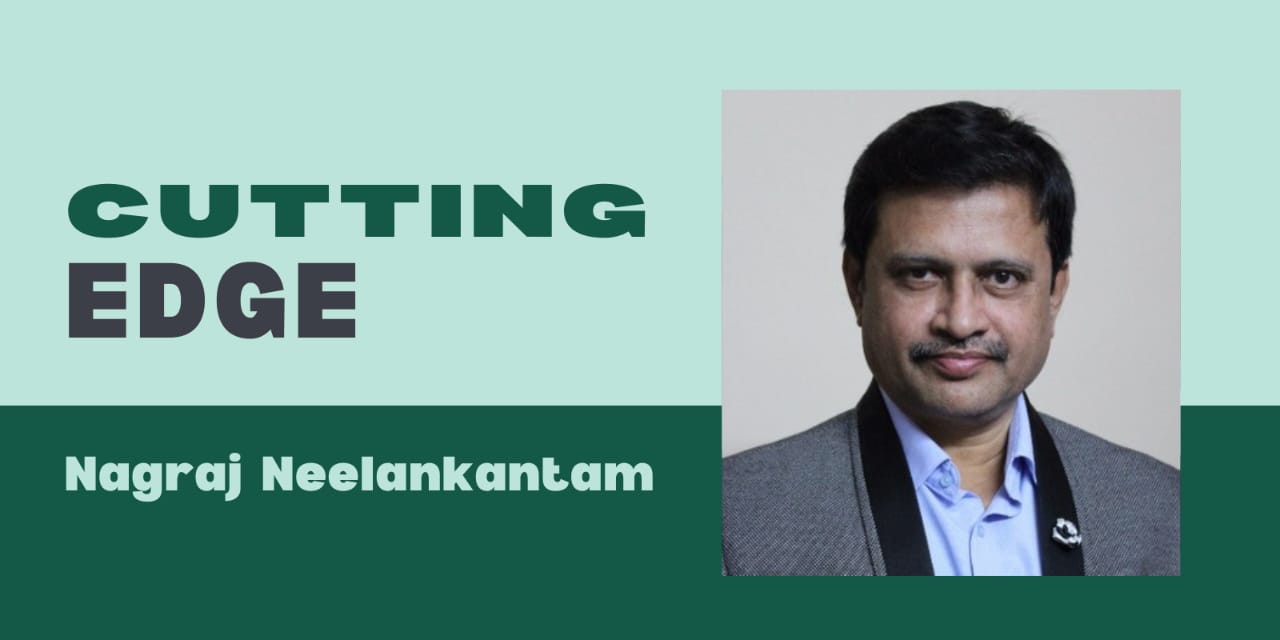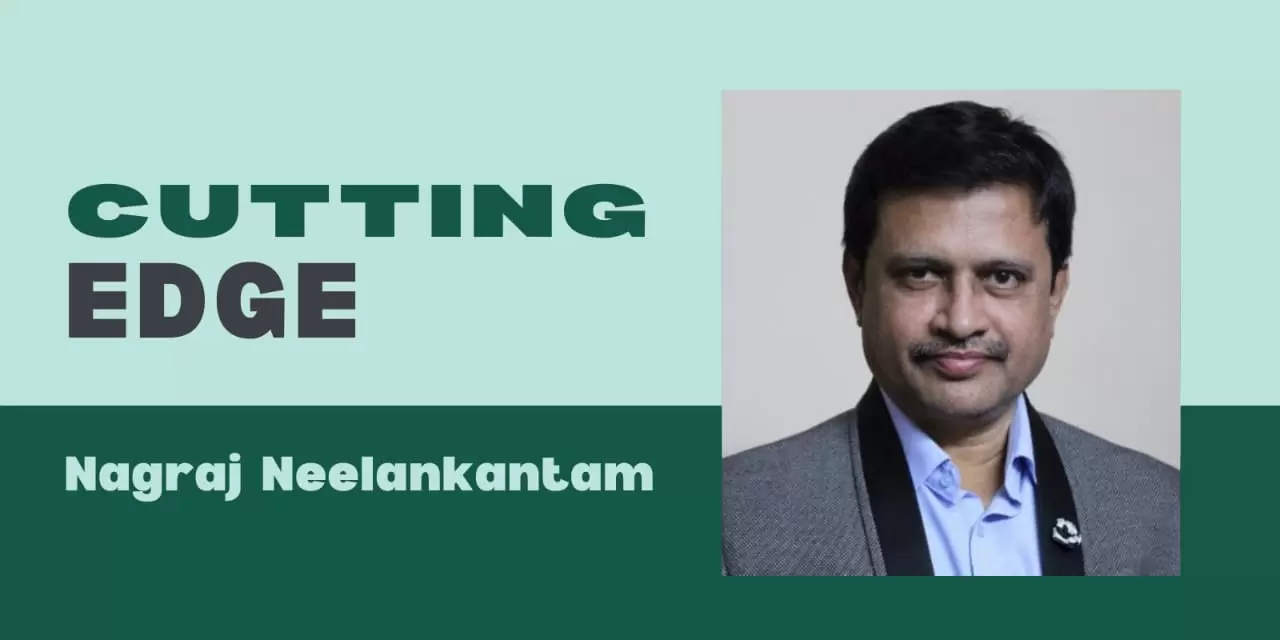Scattered across continents, from New Jersey to Nairobi and from Sydney to Singapore, lies India’s greatest invisible strength—its people. With a 52-million-strong diaspora, the largest in the world, India’s sons and daughters have quietly built empires of excellence abroad. They power the world’s tech giants, head global universities, lead Fortune 500 companies, and serve as policy shapers in capitals from Washington to London.
Yet, for all its brilliance, this global Indian community has long remained a sleeping giant—its vast influence rarely aligned toward a shared national vision. Prime Minister Narendra Modi’s recent appeal to the diaspora is a call to awaken that collective spirit, to transform admiration into action, and to turn emotional connection into technological collaboration.
“India is proud of you,” Modi tells them wherever he goes—from Madison Square Garden to Melbourne’s stadiums—“but the time has come to be part of building a new India.” His words go beyond sentiment. He is asking not merely for dollars or euros, but for ideas, mentorship, and innovation — the real wealth of the 21st century.
India’s diaspora is not just large—it is exceptional. From CEOs like Sundar Pichai and Satya Nadella to Nobel laureates, entrepreneurs, and scholars, Indians abroad have demonstrated that excellence knows no geography. But what remains missing is a collective sense of purpose—a coordinated effort to channel this global brilliance toward India’s transformation.
The Prime Minister’s appeal is not about nostalgia; it is about nation-building. He envisions a global partnership of Indians, where the diaspora becomes an active co-creator of India’s technological and developmental destiny. As he often reminds audiences, “India does not ask for charity; it seeks collaboration.”
And indeed, the world is ready for that collaboration. India stands at the cusp of a historic transition—from being the world’s back-office to becoming its innovation engine. But to truly leap forward, India must bridge its domestic ambition with global expertise. Its diaspora is that bridge.

Remittances from abroad already total a staggering $125 billion a year—the world’s highest. But money alone cannot transform a nation. What India now needs is the flow of intellectual capital—mentorship for start-ups, collaboration in cutting-edge research, and sharing of models that have worked in other parts of the world. A Silicon Valley-based engineer mentoring a Bengaluru start-up, or a London-based academic co-developing policy frameworks with Indian think tanks—these are the new channels of nation-building Modi envisions.
History offers powerful lessons. The Jewish diaspora, though smaller, has been a catalyst in Israel’s technological ascent. The Chinese diaspora has been a backbone of China’s economic rise. They achieved this not by sending money alone, but by building knowledge ecosystems and investing strategically in their homeland’s growth. India, with a diaspora far larger and more deeply embedded in global institutions, has the potential to surpass them—if it can weave together its scattered brilliance into a unified mission.
The battleground of the coming decades will not be military, but technological. Nations will compete on ideas, innovation, and artificial intelligence. India possesses the youthful energy, the digital backbone, and the demographic advantage to lead this race. But to win it, it must harness the intellectual and technological power of its diaspora.
This call for alignment does not demand that Indians abroad abandon their adopted homes. On the contrary, it celebrates their dual identity. By remaining rooted in Indian values while excelling globally, the diaspora acts as India’s finest ambassador. Every Indian who teaches yoga in Paris, runs a business in Toronto, or serves in public life in Singapore adds another thread to the global fabric of Indianness.
But Modi’s vision asks for more than pride—it asks for participation. It invites every Indian abroad to ask: Am I merely succeeding for myself, or contributing to the story of my nation? Whether it is a mentor guiding a start-up, an investor funding clean-tech innovation, or a scientist sharing expertise, every small act builds the larger architecture of a self-reliant and modern India.
For too long, India’s global family has been admired for its success abroad. Now it must be recognized for its role in shaping India’s success at home. The diaspora is no longer an audience to India’s rise—it is an active architect of it.
The world’s largest democracy and its largest diaspora now stand at a rare moment of convergence. The motherland is calling, not for charity, but for collaboration. The response could well define not just India’s destiny, but the character of a century waiting to be Indian.





